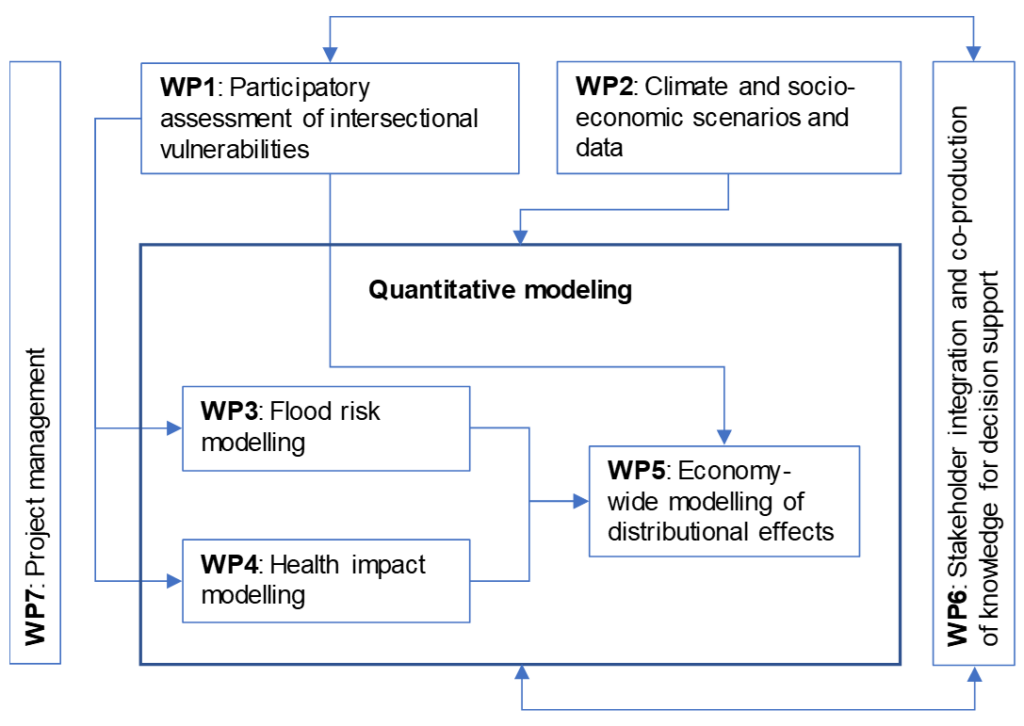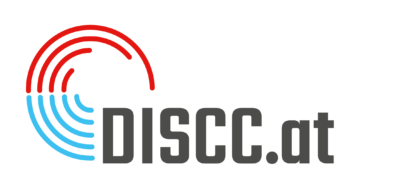Assessing the DIStributional effects of Climate Change impacts and adaptation in AusTria, for just, targeted and efficient adaptation
The objective of DISCC-AT is to inform decision makers in Austria about group-specific social vulnerabilities to key climate risks – flood and heat related health risks – as well as the within-country distributional effects of climate change impacts and adaptation on a national scale. This will enable the implementation of just and cost-effective adaptation measures, including the strengthening of adaptive capacities where most needed. To reach this objective DISCC-AT will follow an inter- and transdisciplinary approach, combining qualitative and quantitative methods, embedded in a broad stakeholder process.
We seek to answer the following research questions:
- What are the vulnerabilities and therein particularly the adaptation capacities for different societal groups with respect to flood and heat related health risk?
- How are socio-economic constraints limiting adaptation capacities of private households?
- How can the public sector increase adaptation capacities where most needed?
- Who bears the welfare costs of climate change-induced flood and health impacts in Austria and who benefits from public adaptation?
- Is there a risk for public maladaptation from an equity perspective?
- What are ways forward for mainstreaming just adaptation in the existing transfer/social security/public insurance systems and in new policies?
To answer the stated research questions, an inter- and transdisciplinary approach and the integration of qualitative and quantitative methods is required. We thus follow the state-of-the art approach of integrating “bottom-up” with “top-down” models. Particularly we establish a modelling chain, that is embedded in a broad stakeholder process. We will soft link a flood risk model and health impact analyses with an economy-wide multi-sectoral multi-household model and will create scenarios until 2080. These models are informed, calibrated and parameterized by qualitative insights. The workflow of DISCC-AT is structured into seven interacting work packages.

